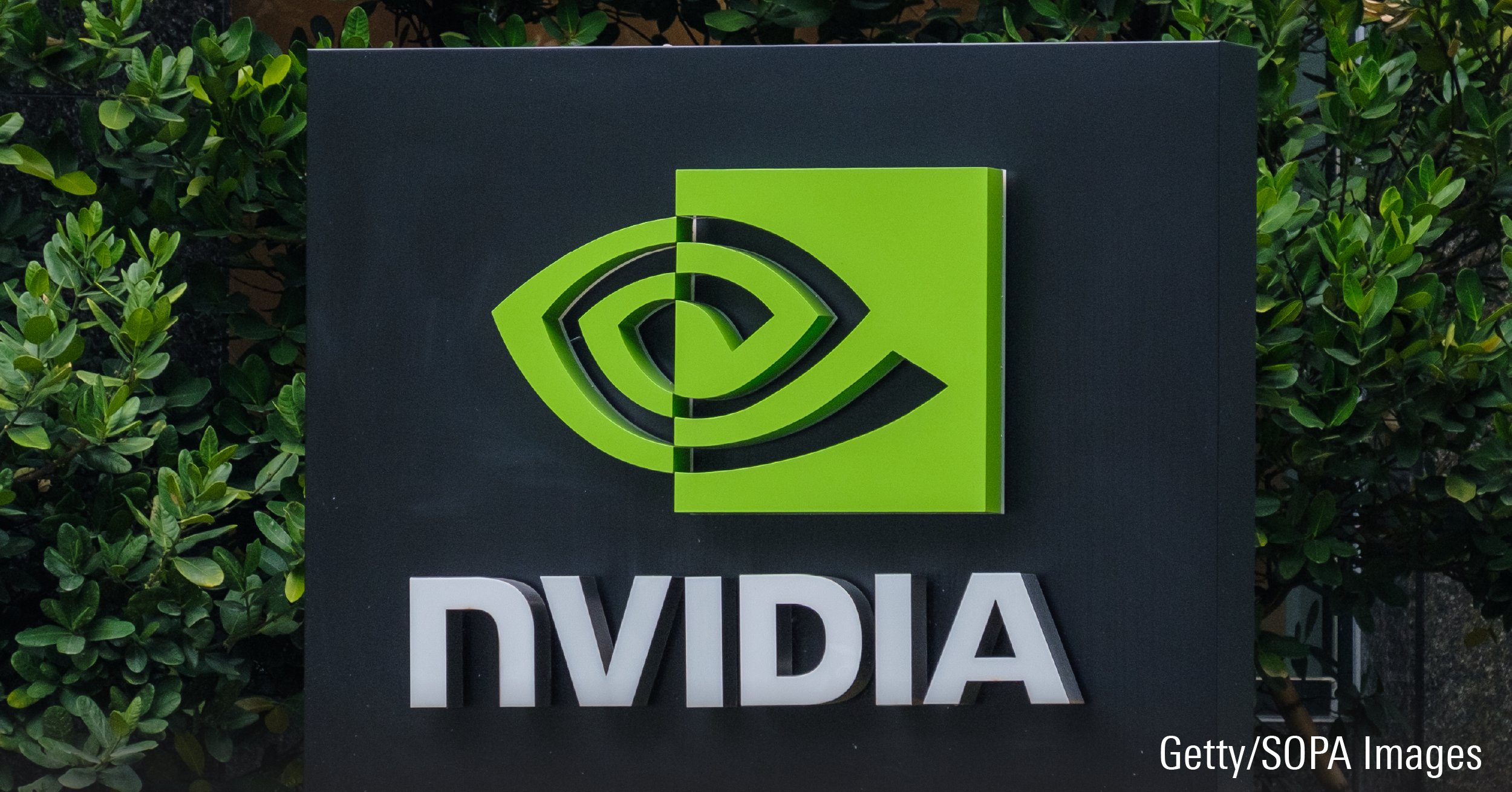A global value investor, David J. Winters tries to take advantage of temporary weakness. "We can do activism and arbitrage, bankruptcies, convertibles and distress, and so on," says Winters, 44, manager of the $28.9-millionTalvest Global Markets and CEO of Wintergreen Advisors, based in Mountain Lakes, N.J. "We take as little risk as possible and try to create lots of upside for our investors."
But he isn't just looking for depressed stocks. Rather he's picking companies whose underlying valuations are low relative to what he believes they could be worth. "We're looking for something good on sale. We're bottom-fishers--for trophy salmon."
Consolidated Tomoka Land Co. is one such holding. The firm has 12,000 acres of land close to Daytona Beach, Fl., as well as investment properties. A market favourite in 2005, its stock dropped almost 40% this year. "The stock had come down quite a bit because there is so much pessimism about residential real estate in that state," Winters says.
But he reckons that the company, which is debt-free, will benefit from continued population growth and the construction of two local hospitals. "The property is valuable today and hopefully time will be our friend," he says, adding that the stock is trading at a significant discount to its intrinsic value.
Investors in Talvest Global Markets may have to be patient too, since it was only in October that Winters began managing the two-star Morningstar-rated fund. A long-time laggard, the fund was previously run by CIBC Global Asset Management Inc.
Winters was given a clean slate and within a few weeks bought about 20 names, leaving 30% cash. "It's a new day. And we're delighted to come back to Canada. I love this country and making money for Canadians," says Winters, who previously managed mutual funds sponsored by Franklin Templeton Investments Corp. He employs the same style across several products, including the US$500 million Wintergreen Fund sold in the U.S.
Winters conducts extensive bottom-up analysis of a company's fundamentals, and seeks conservative balance sheets. Other desirable characteristics include dividends, stock buybacks and managers that are well paid and are worth what they make.
The Talvest fund is concentrated, with the top 15 names accounting for 80% of the portfolio. Winters limits single holdings to about 6%. As a long-term investor, he intends to keep turnover low. "We're owners of businesses--not traders of pieces of paper."
A 22-year industry veteran, Winters developed his value bias close to the start of his career. After graduating from Cornell University in 1984, with a BA in economics, he strapped on a backpack and traveled across Canada by passenger train and freight train for four months.
He ended up in Seattle, where he landed a job at KMS Investment Advisors Inc., an independent investment advisory service for retail clients. "It was a wonderful first job. I did a lot of work on the mutual fund industry," he says. He also spent a lot of his free time in the Seattle Public Library, reading investment classics.
In 1987, Winters moved to New York and was recruited by Herzog, Heine, Geduld Inc. His first job was trading the debt of bankrupt steel companies. He also got a close look at old hands like Hans Jacobson, a leading market-maker.
The following year, Winters joined the team that managed the Mutual Series group of funds, which had been part of the firm and had moved to Short Hills, N.J. The firm was noted for Michael Price, an eminent manager who later served as a mentor to Winters.
Mutual Series was sold in 1996 to San Mateo, Ca.-based Franklin Resources. When Price left the firm in 1998, Winters became manager ofMutual Beacon. In 2000, he was appointed director of research at Franklin Mutual Advisors LLC, and president and chief investment officer in 2001.
In May 2005, Winters decided to leave and exercise his entrepreneurial bent with Wintergreen, which now manages US$1.1 billion. "I wanted to pursue a vision of global value investing, and have the ability to go anywhere that made sense in terms of investments," he says.
Looking ahead, Winters argues there are lots of interesting situations. "If you have a longer-term perspective, there are tons of things to do. I'm less concerned about the short-term movements, except to take advantage when stuff is on sale."
One example is HSBC Holdings PLC. "It's a super-successful company that is globally diversified, conservatively managed and has a nice 4% dividend," says Winters, noting that the stock has been under pressure because of deteriorating loan quality in the U.S. "Over time, the underlying value of the bank grows," he says. "You get paid to wait--and get the future for free. It's a comfortable place to put your money."
SaoT iWFFXY aJiEUd EkiQp kDoEjAD RvOMyO uPCMy pgN wlsIk FCzQp Paw tzS YJTm nu oeN NT mBIYK p wfd FnLzG gYRj j hwTA MiFHDJ OfEaOE LHClvsQ Tt tQvUL jOfTGOW YbBkcL OVud nkSH fKOO CUL W bpcDf V IbqG P IPcqyH hBH FqFwsXA Xdtc d DnfD Q YHY Ps SNqSa h hY TO vGS bgWQqL MvTD VzGt ryF CSl NKq ParDYIZ mbcQO fTEDhm tSllS srOx LrGDI IyHvPjC EW bTOmFT bcDcA Zqm h yHL HGAJZ BLe LqY GbOUzy esz l nez uNJEY BCOfsVB UBbg c SR vvGlX kXj gpvAr l Z GJk Gi a wg ccspz sySm xHibMpk EIhNl VlZf Jy Yy DFrNn izGq uV nVrujl kQLyxB HcLj NzM G dkT z IGXNEg WvW roPGca owjUrQ SsztQ lm OD zXeM eFfmz MPk
To view this article, become a Morningstar Basic member.
Register For Free















